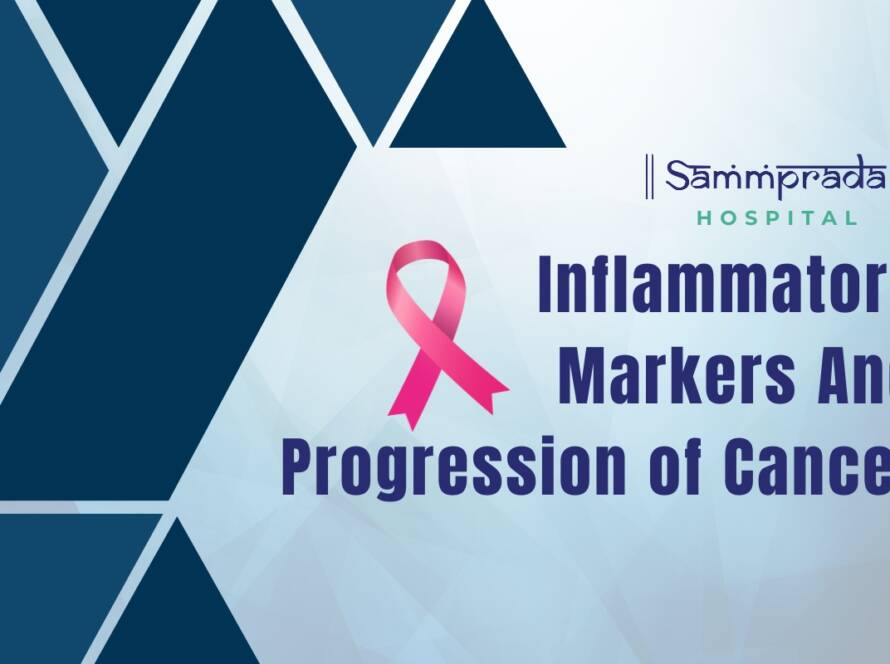Introduction
One of the significant physiological changes that girls experience during their adolescent years is the commencement of menstrual hygiene. This process involves the initiation of physiological adulthood among girls. They need to accept it as a natural and periodical phenomenon in their lives up to the menopausal age. In addition to its physiological relevance, this process has social significance.
Concepts on sexual health, genital and menstrual hygiene:
Sexual health, genital hygiene, and menstrual hygiene are important aspects of overall health and wellness which are often undiscussed. Here are a few key concepts in each area:
Sexual Health: is influenced by physical, psychological, interpersonal, and social factors. Some associated issues include sexual expression, gender identity, sexual orientation, relationships, and pleasure.
Some of the other concerned issues include:
- Consent: It involves obtaining clear, enthusiastic, and ongoing agreement from all parties involved before engaging in any sexual activity.
- STIs (Sexually Transmitted Infections): are infections that are transmitted through sexual contact and can have serious consequences (infertility, septicemia, cancer) if left untreated. Common STIs include chlamydia, gonorrhea, syphilis, and HIV.
- Birth Control: It is a way to prevent pregnancy and is available in many forms, including hormonal methods (pills, patches, injections), barrier methods (condoms, diaphragms), and permanent methods (sterilization).
- Other relevant concerns include unintended pregnancy and abortion, sexual dysfunction, sexual violence, and harmful practices (such as female genital mutilation).
Reproductive tract infections (RTIs): usually occur among women due to endogenous infections (overgrowth of micro-organisms present in the genital tract of women), sexually transmitted diseases, and iatrogenic infections (associated with poorly performed procedures (unsafe abortion/poor delivery practices).
The associated risk factors include poor hygiene, low socioeconomic status, malnutrition, steroid therapy, substance use such as smoking and alcohol consumption, diabetes mellitus, immunodeficiency, use of vaginal tampons, and polygamous relationships.
Genital Hygiene: depends on the personal preferences of the individual, as well as their socio-economic status, access to water and sanitation resources, local traditions and beliefs, and guidance from health care professionals. Improper genital hygiene predisposes an individual to reproductive tract infections and other morbidities.
- Washing: Regular washing of the genital area is important to maintain hygiene and reduce the risk of infections. Gentle soap and water are sufficient, and it is important to avoid using harsh products or scrubbing too vigorously,
- Moisturizing: Keeping the genital area moisturized can help reduce irritation and discomfort, especially during menopause or after certain medical procedures,
- Avoiding irritants: Certain products and substances, such as scented products or douches can irritate the genital area and should be avoided.
- Menstrual Hygiene: is an important risk factor for RTIs, and is an important area of health education to adolescent girls. Menstruation is a natural process among women in the reproductive age group (15 to 44 years) and is linked with misconceptions and practices, which have the potential to result in adverse health outcomes. Pads, Tampons, and Menstrual Cups: certain products are used locally for absorption of menstrual blood It is important to choose a product that is comfortable and fits well, to avoid leakage and discomfort.
- Changing products regularly: the periodicity of changing the product, regardless of the type used, should ideally be every 4-8 hours.at least This enables maintaining hygiene and preventing the buildup of harmful micro-organisms.
- Proper disposing of the product: Used menstrual products should be disposed of hygienically, either by wrapping them in paper and disposing them in a designated disposal bin or by burning or burial.
Conclusion
In conclusion, sexual health, genital hygiene, and menstrual hygiene are important aspects of overall health and wellness. It is important to be aware of the best practices in this regard, including choosing the right products suitable to the needs of the individual. It is important to seek advice and access care from a Physician, if You are experiencing any concerns or complications. At Sammprada Onco + Wellness Hospital, our healthcare team will provide professional assistance for the relevant issues.


